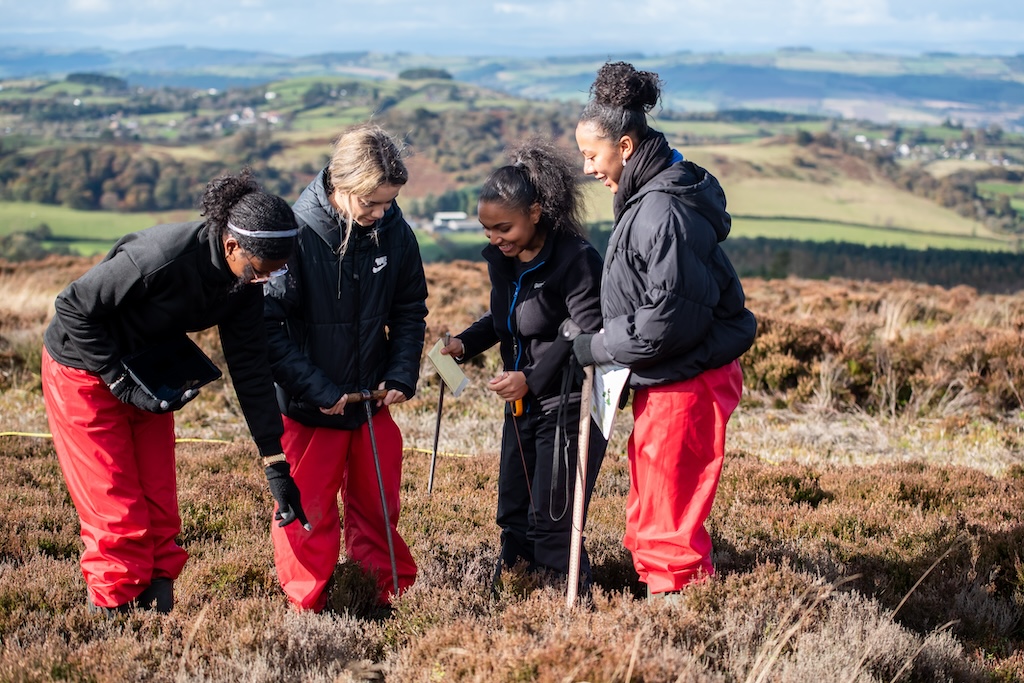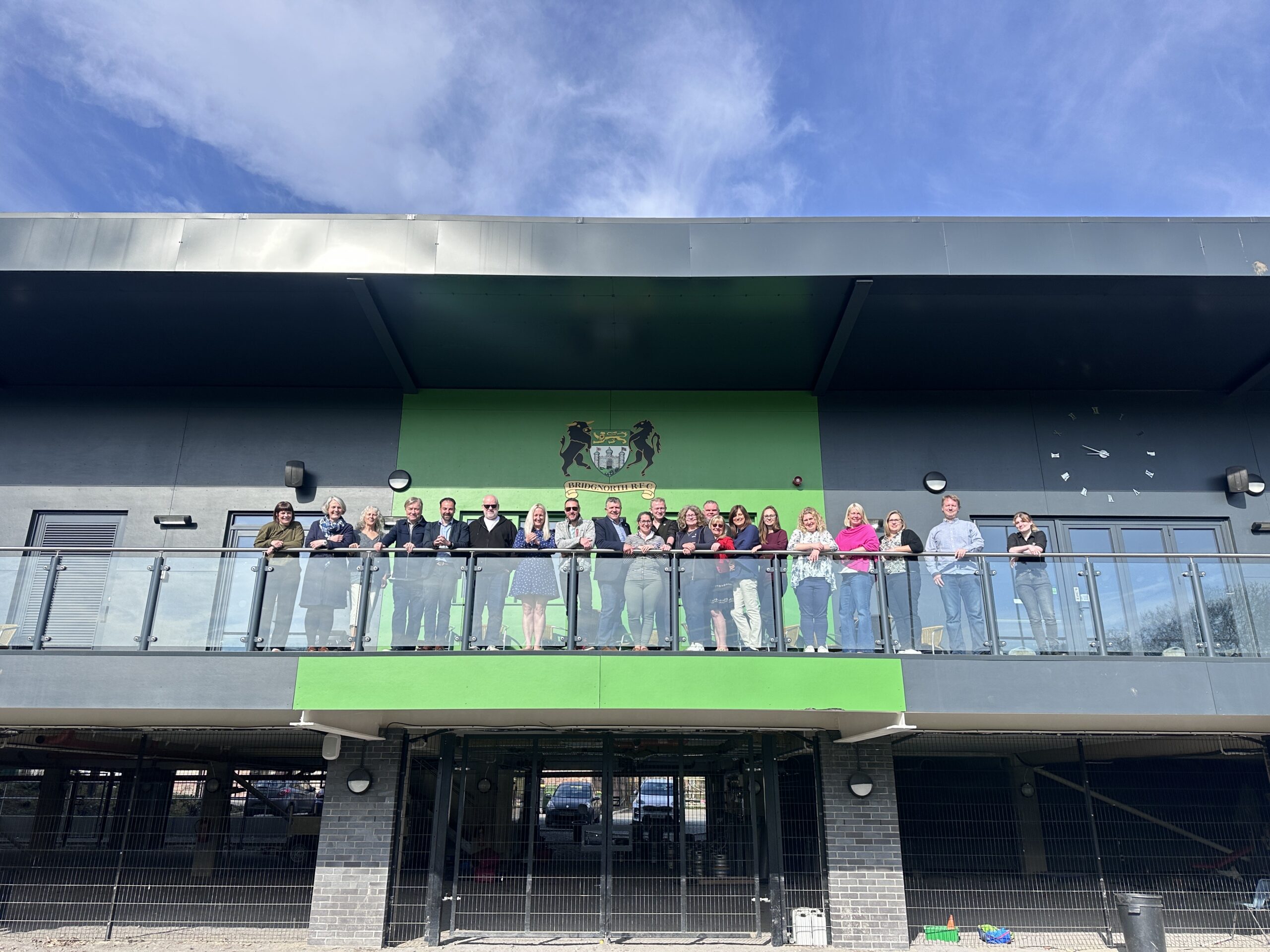Young people are at risk of missing out on vital skills needed for the future, unless fieldwork becomes core to the new national curriculum, a Shropshire based education charity warns.
The Field Studies Council wants environmental learning embedded into the new curriculum, particularly access to practical and residential field study. It says residential fieldwork opportunities are vital to delivering the green skills for nature that the country will need to tackle climate change and biodiversity loss.
And it warns those experiencing socioeconomic disadvantage are also being hit hardest by growing barriers to outdoor learning experiences.
The new government has announced a review of the curriculum up to the age of 18 with the intention of updating it to match the skills needed in the future and to balance out inequalities of opportunity amongst pupils. The Field Studies Council, which has delivered environmental education for more than 80 years, is warning that there won’t be enough suitably skilled candidates without more emphasis on biology, geography and ecology fieldwork.
Jo Harris, education manager for the charity which operates centres across the UK and has its headquarters at Montford near Shrewsbury, said: “How will the ecologists, conservationists, habitat managers, wildlife restoration officers and biodiversity managers of the future know that these jobs are open to them if they haven’t been exposed to the natural world and learned about how it works?
“Some visitors to our centres have never left their home city, have never been in the countryside, been on a beach or worn wellington boots. A school trip may be their only chance and that is now under threat when school budgets are squeezed ever tighter. The only truly effective way to make sure these green skills for nature are nurtured and developed is to give young people access to good quality fieldwork, and we are calling on the government to make sure that this is embedded into any new curriculum it develops.
“The stark reality is that what used to be a regular part of any education – a fieldwork residential – will rapidly become the preserve of only those who can afford it.
“Students need to get hands-on, learn to use equipment, understand how to collect data and learn how to work as part of a team. And they need dedicated and quality time away from the classroom to do that.
“At a time when we desperately need more ecologists, conservationists and habitat restoration experts, we’re seeing the very experiences that spark interest in these careers being hollowed out of education.”
The Field Studies Council says green skills for nature are vital for roles in wildlife restoration, wetland management, forestry and peatland conservation.
Jo added: “Our evidence shows that practical, hands-on experiences in the real world don’t just create better scientists and geographers – they fire curiosity, give context to classroom learning and engage those that sometimes struggle in a classroom environment.”
CAPTION: Youngsters enjoying an environment field trip.






